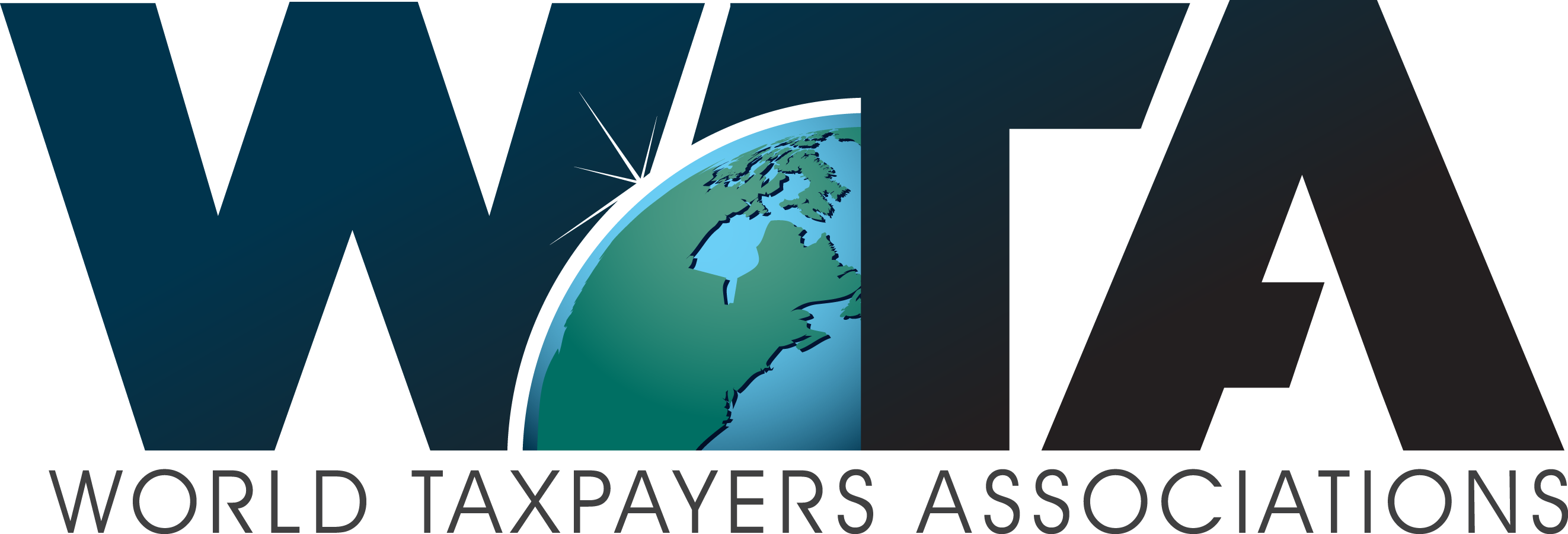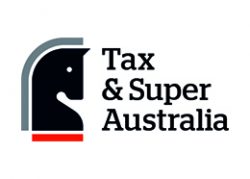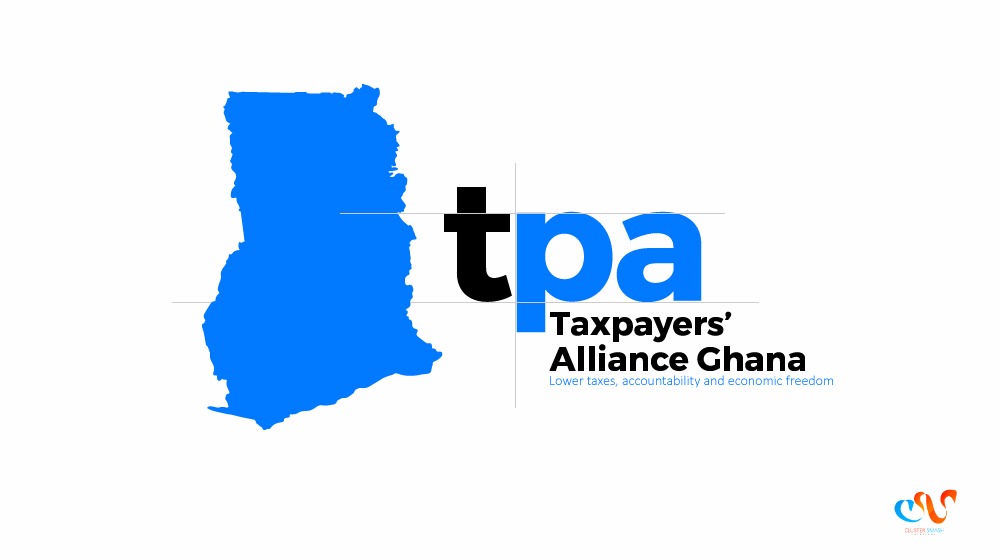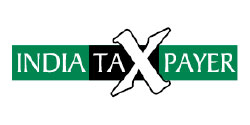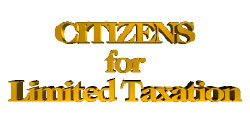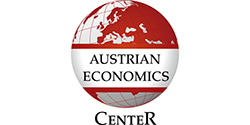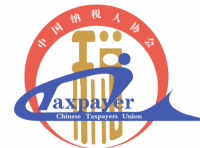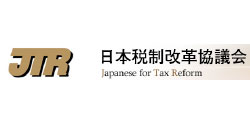The Tax Foundation’s 2016 International Tax Competitiveness Index

The Tax Foundation has released the third annual International Tax Competitiveness Index. Once again, the United States ranks among the bottom 5 countries with the 5th least competitive tax system in the OECD. Only Greece, Portugal, Italy, and France have less competitive tax codes. On the other end of the spectrum, Estonia takes the number one spot once again, with New Zealand and Latvia having the second and third most competitive tax systems, respectively.
The International Tax Competitiveness Index measures how well a country’s tax system promotes sustainable economic growth and investment. The report looks at over 40 tax policy variables in five categories: corporate income taxes, individual taxes, consumption taxes, property taxes, and the treatment of foreign earnings. The International Tax Competitiveness Index gives a comprehensive overview of how developed countries’ tax codes compare, explains why certain tax codes stand out as good or bad models for reform, and provides important insight into how to think about tax policy.
For the third year in a row, France earns the distinction of having the least competitive tax system in the OECD. In addition to having one of the highest corporate tax rates in the developed world at 34.4 percent, France maintains high and poorly structured property taxes along with high, progressive individual income taxes.
Estonia, on the other hand, continues to have the most competitive tax system in the developed world. Its top score is driven by four positive features of its tax code: a low corporate income tax; a well-structured, 20 percent tax on individual income; a property tax applied only to the value of land rather than the value of real property or capital; and a well-designed territorial tax system.
New Zealand is a good example of a country that has reformed its tax system. In a 2010 presentation, the chief economist of the New Zealand treasury stated, “Global trends in corporate and personal taxes are making New Zealand’s system less internationally competitive.”[1] In response to these global trends, New Zealand cut its top marginal individual income tax rate from 38 percent to 33 percent, shifted to a greater reliance on the goods and services tax, and cut its corporate tax rate to 28 percent from 30 percent. New Zealand added these changes to a tax system that already had multiple competitive features, including no inheritance tax, no general capital gains tax, and no payroll taxes.
“No longer can a country levy high taxes on investment without adversely affecting its economic performance,” said Tax Foundation Economist Kyle Pomerleau. “In recent years, many countries have recognized this fact and have moved to reform their tax codes to be more competitive while raising enough revenue for government priorities. However, others have failed to do so and are falling behind the global movement.”
For the full 2016 International Tax Competitiveness Index – http://taxfoundation.org/article/2016-international-tax-competitiveness-index
